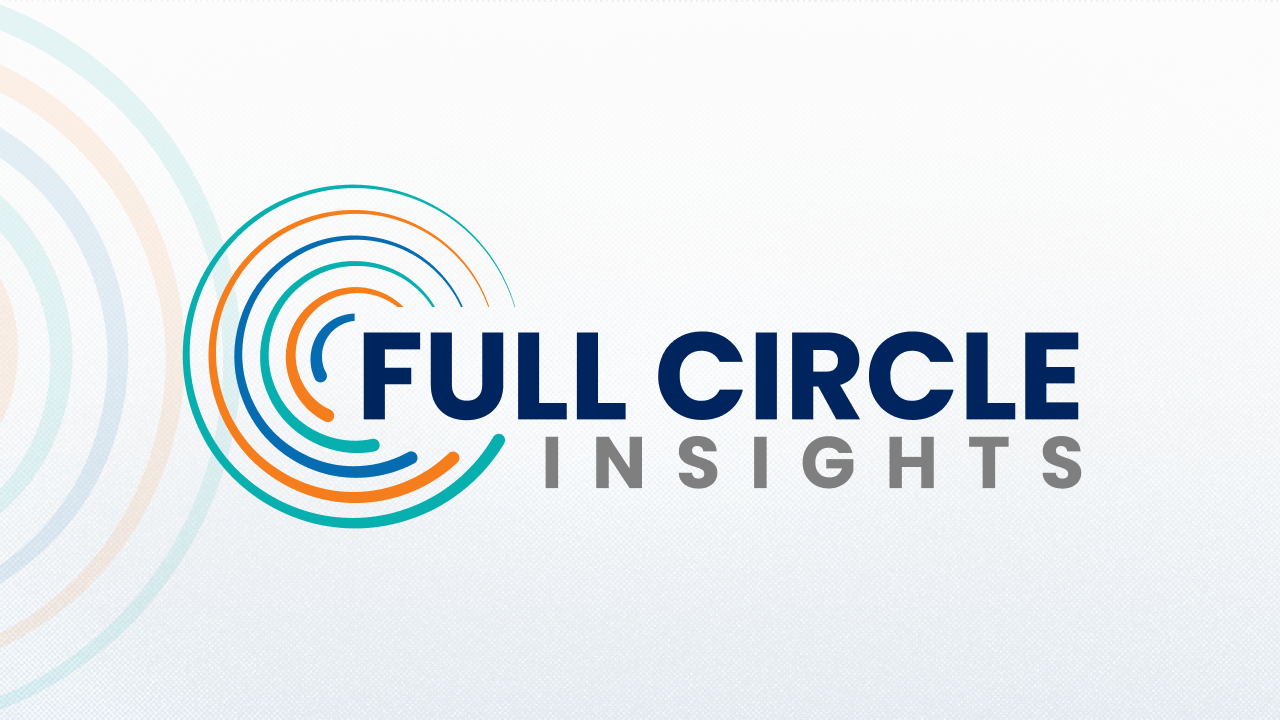Accelerate Revenue with Data-Driven Multi-Touch Attribution in Salesforce
Leverage Multi-Touch Attribution to drive smarter marketing decisions. Full Circle tracks every touchpoint – even previously unknown sessions – and transforms Salesforce data into actionable insights.



Don’t Take Our Word For It
Full Circle Insights is trusted by hundreds of top marketing teams
Do It All in Salesforce
Build comprehensive customer journey’s, create campaigns, and craft messaging that improves ROI while keeping data safe where it belongs
Create a single-source-of-truth

Customize Multi-Touch Attribution and funnels

Get accurate data in real-time


Measure Marketing’s Impact with Powerful Salesforce Data
First Touch, Last Touch, and Everything In-Between
Track and grow pipeline with transparent, real-time data that you control
Multi-Touch Attribution
Multi-Touch Attribution helps optimize budget and strategy by providing an in-depth look at what works – and what doesn’t.
Focus on the most effective touchpoints throughout the customer journey with customizable attribution models.
Funnel Measurement
Funnel Measurement gives teams the tools to understand how prospects progress through the sales and marketing funnels.
By making it easy to identify bottlenecks, track conversions, and measure velocity rates, teams can improve lead flow and capture more opportunities.
ABM Performance
ABM Performance integrates with ABM intent providers and syncs that data in Salesforce for ultimate marketing and sales alignment.
Make data-driven decisions, enhance personalized outreach, and drive stronger business outcomes with 360-views into high-value account and buyer group interactions.
Customer Journey Tracking
Customer Journey Tracking provides a 360 view of how all touchpoints – even previously unknown sessions – contribute to conversions.
Capture and track all interactions and link them to leads and contacts in Salesforce for a more accurate understanding of the customer and attribution.
Reporting & Dashboards
Reporting and Dashboards enable teams to make data-backed decisions that improve marketing ROI and sales outcomes with visuals of metrics.
Analyze performance, track KPIs, and build a better customer journey while working together in Salesforce.
Why is Marketing and Sales Alignment Important for Revenue Growth?
The data speaks for itself – Misalignment between Marketing and Sales can cost B2B companies big time.
Create an aligned, data-driven culture to drive more revenue and growth.
10%
decrease in revenue due to misalignment between Marketing and Sales technologies and processes.*
67%
more efficient at closing deals when there is alignment between Marketing and Sales teams.**
$1 Trillion
lost annual revenue due to Sales and Marketing misalignment.⁺







